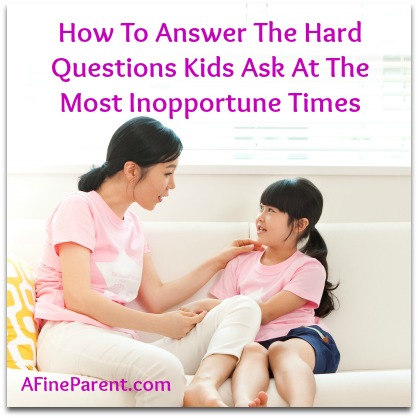 “How come Betsy has two Moms?”
“How come Betsy has two Moms?”
We were at my son’s therapy surrounded by Moms and other children when my three-year-old daughter popped that particular question. One of those Moms happened to be in the clinic at that moment.
I know I’m not alone.
On Facebook recently I saw a post from a mother asking how to deal with the hard questions.
You know, the extremely embarrassing questions our kids ask out of the blue.
Questions that leave you in shock that they’ve been brought up at all at this age.
Questions that they ask when it is the most inappropriate time to hold a discussion about the answer.
The ones that you might not have answers to yourself.
So when my child asked “Why does my friend have two Moms?” My reply was the classic, “Um, ah, let’s talk about it later when we get home.”
I needed a minute to think about how I wanted to respond to the question because I was not expecting this question from my 3 year-old. (Of course it would be my youngest who would ask this because she is extremely observant of social nuances around her.)
How many of you have had your child ask you one of these gems?
“Where did Grandpa go when he died?”
“What is sex?”
“Where do babies come from?”
“Why is that boy’s skin so dark?”
“Why is that girl missing a leg?”
Or the immortal question, “Is Santa Claus real?”
These questions take us by surprise. We don’t expect that question to come out of our child’s mouth right then. “Deer in the headlights” is probably one of the best descriptive phrases of this situation.
I’ll never forget when one of my children asked the question if Santa Claus was real. We were in the drive thru at Walgreens and had been waiting forever to pick up our medication.
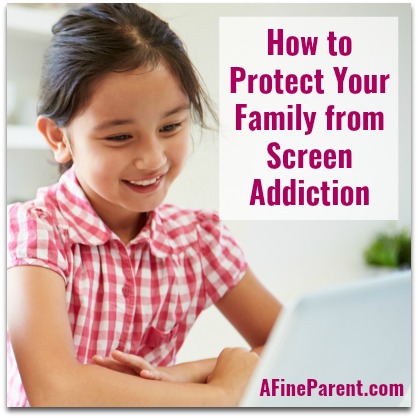 A few months ago, my phone required a reset in hopes it would respond better to its master. Afterward, I realized that all my notifications had been turned off.
A few months ago, my phone required a reset in hopes it would respond better to its master. Afterward, I realized that all my notifications had been turned off.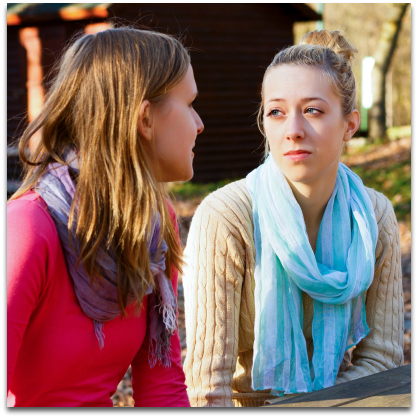 When you think of a school, you likely consider many different types of relationships there. The students are a priority, from their academic performance to their social development. For kids to be at their best, there must be healthy, strong relationships between student-teacher and school counselor-parent, along with many others. Let’s focus on the school counselor-parent connection, focusing on providing the environment that the child deserves, now and in the future. For those who wonder how to become a school counselor and parents and others in the educational system, this discussion is an important one.
When you think of a school, you likely consider many different types of relationships there. The students are a priority, from their academic performance to their social development. For kids to be at their best, there must be healthy, strong relationships between student-teacher and school counselor-parent, along with many others. Let’s focus on the school counselor-parent connection, focusing on providing the environment that the child deserves, now and in the future. For those who wonder how to become a school counselor and parents and others in the educational system, this discussion is an important one.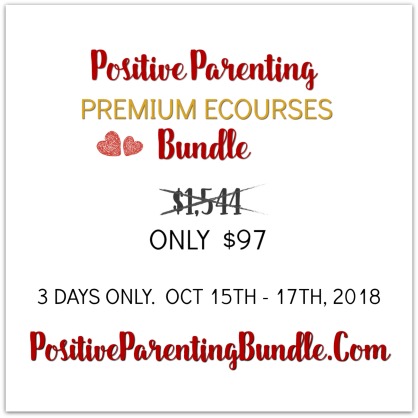 I am getting together with 13 other amazing positive parenting bloggers to bring to you a bundle of 14 (!) premium courses worth $1,544 for one low price of just $97! That’s ~94% off!
I am getting together with 13 other amazing positive parenting bloggers to bring to you a bundle of 14 (!) premium courses worth $1,544 for one low price of just $97! That’s ~94% off!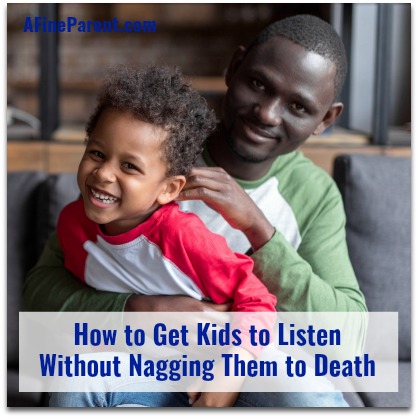 Me: Do you want chicken soup or a baked potato for dinner?
Me: Do you want chicken soup or a baked potato for dinner?